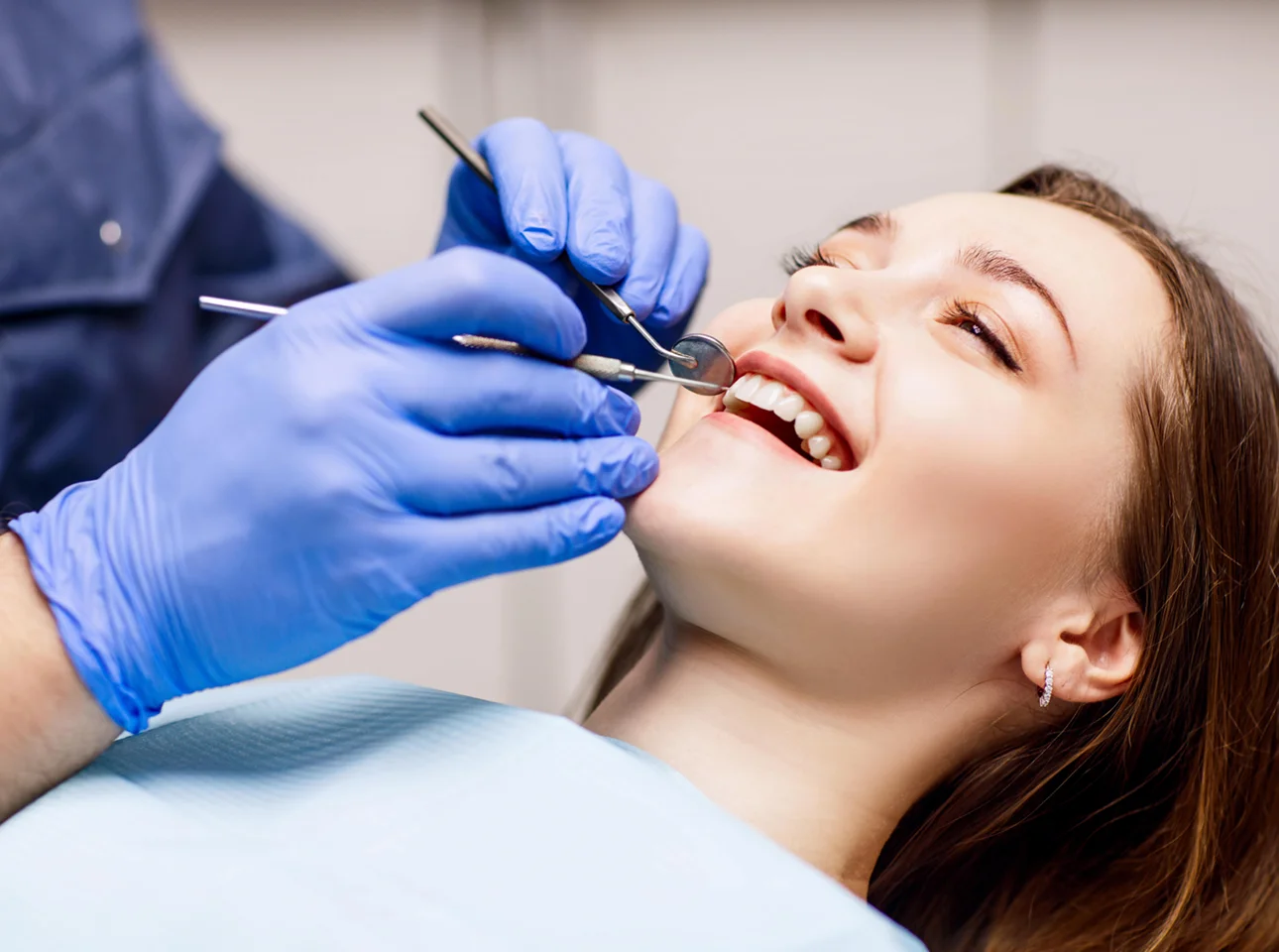The Dental Roots, Gurgaon and Delhi are known for its specialized orthodontic treatment that not only gives you that perfect smile, aesthetically but also rectifies the functionality of your teeth and the skeletal structure. One such device that can be used is a temporary anchorage device.
For the success of orthodontic treatment in New Delhi and Gurgaon, anchorage is one of the main factors. Conservation of orthodontic anchorage has been one of the perennial problems for orthodontists. Conventional techniques use either intra-oral sites or extra-oral means. For optimum treatment results, various approaches have been employed which include using implants for anchorage with varying success. Extra oral anchorage is cumbersome to use and it usually requires the patient’s compliance and may cause injury during use. The term ‘Absolute anchorage’ can be defined as when the anchorage unit remains completely stable.
The skeletal Anchorage used in orthodontics is absolute anchorage which is achieved with the use of orthodontic mini-implants. With the appropriate use of Orthodontic mini-implants, maximum anchorage is possible which will reduce the unwanted side-effects.
Indications for implants in orthodontics are as follows:
- Retract and align anterior teeth
- In first molar extraction sites they are used for closing the edentulous spaces
- Intrude or extrude teeth,
- Protract or retract teeth of one arch,
- Stabilizing the teeth with less bone support
There is no absolute contraindication for orthodontic mini-implant placement; the placement of an implant is contraindicated in cases of Psychiatric diseases (psychoses dysmorphobia severe systemic disorders like osteoporosis, blood disorders, alcoholics, and drug abusers. Patients with poor bone quality and diabetic patients.
In Maxilla: micro- implant is placed at an angulation of 30- degree to 40-degree angle to the long axis of the teeth in the maxilla, it will keep the screw in the widest space available between the roots apically.
In the Mandible, Micro implants are placed at an angulation of 10 degrees to 20 degrees because the buccal cortex is of dense bone and curves out more buccally from gingival margins. So mini screws of shorter dimensions can be used than those used in the maxilla. Also, the angle is reduced from 10 degrees to 20 degrees with little risk of touching the roots.
The presently available implant systems are ease of placement (able to be placed by an orthodontist), least invasive procedure, and best physical design properties to deliver optimum mechanical forces bound to change and evolve into more patient-friendly and operator-convenient designs.
The team of specialists and orthodontists at The Dental Roots is highly skilled and experienced in their field. We not only cater to Pan-India but also to Japanese and Korean expats and embassy diplomats. NRIs have always been a part of The Dental Roots’ family. Making it even easier for such Japanese diplomats, NRIs, and foreign nationals living overseas, our dental specialists also do online consultations to begin with.
To book your appointment, drop us an email at enquiry@thedentalroots.com or a WhatsApp message at +91 8130750008.






